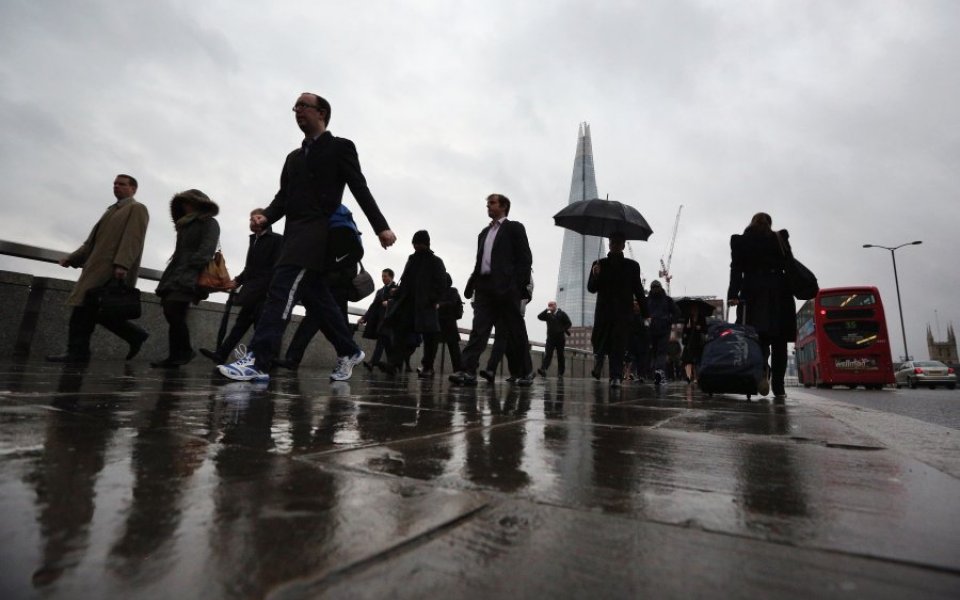UK unemployment drops to its lowest rate for over a decade, but earnings growth hits nine-month low

Pay growth has fallen to a nine-month low, according to figures published this morning.
Average weekly earnings not including bonuses rose 1.9 per cent in the three months to November compared with the same period last year, the Office for National Statistics said. It marks a slowdown from two per cent in the three months to October.
The unemployment rate dropped to 5.1 per cent, its lowest since 2005. There were 30.18m people in work in the UK over the three month period, the highest ever. The employment rate edged up to 74 per cent, the highest since comparable records began in 1971.
Earnings growth has now slowed for four consecutive months.
Bank of England governor Mark Carney said yesterday that disappointing pay growth was one of the reasons now is not the time to hike interest rates. Minouche Shafik, one Carney's deputy governors, has also said she will not vote for a rate hike until pay growth rose to higher levels.
"Today’s UK labour market figures showed a further slowdown in wage growth, suggesting an interest rate hike is still some way off," said economist Ruth Miller, from Capital Economics.
John Hawksworth, chief economist at financial services PWC, said the economy continues to be "a remarkable job-creating machine". However he added:
The flipside to this has been a further deceleration in average earnings growth to only around two per cent, down from around three per cent last summer. This may reflect the influence of near zero consumer price inflation in moderating recent wage claims, as well as many of the new jobs created being for lower paid, less experienced workers.
Overall, however, total income from employment continues to grow relatively strongly in real terms, which should keep consumer spending growing at a decent pace despite the volatility in the global economy.